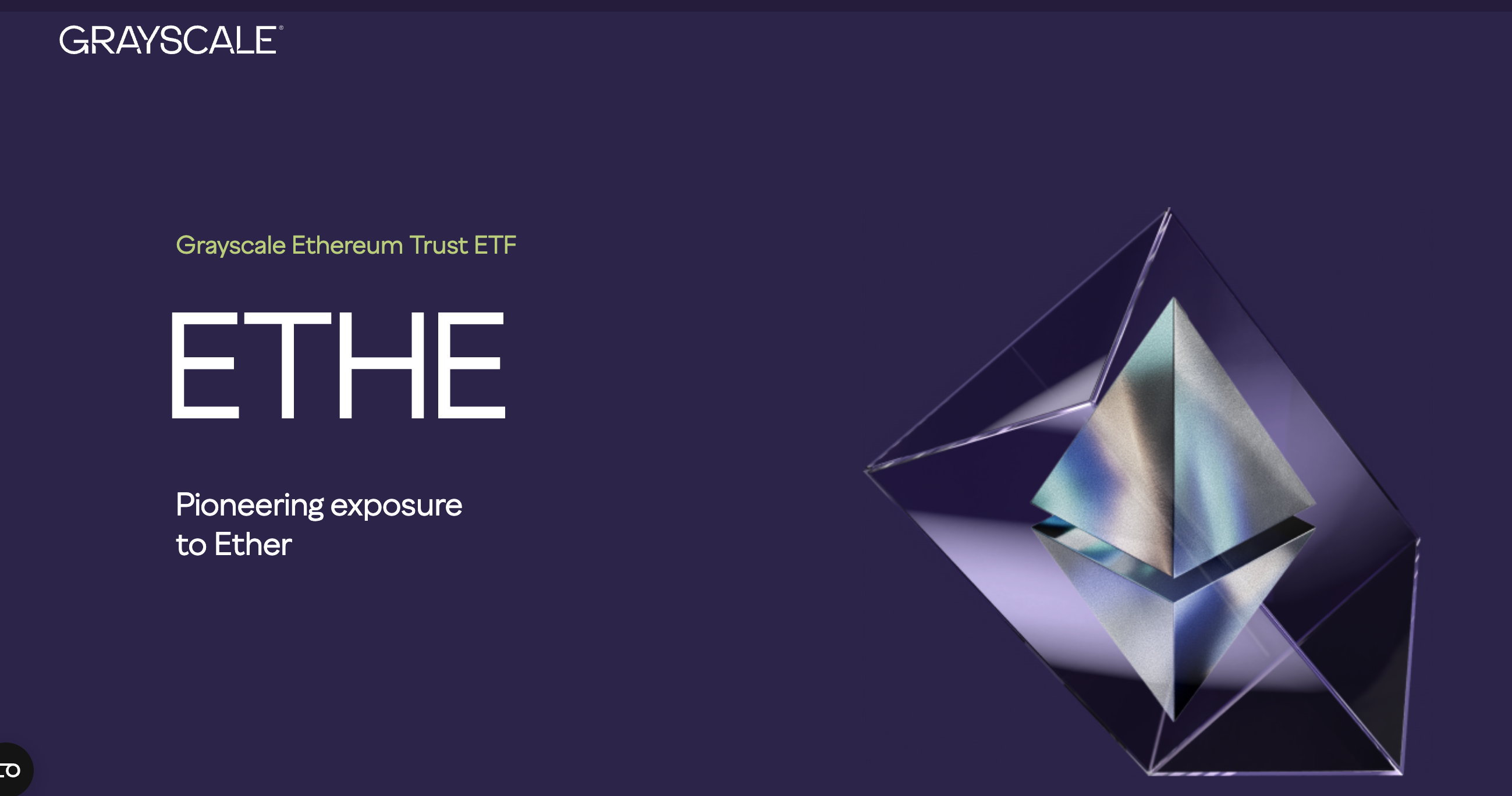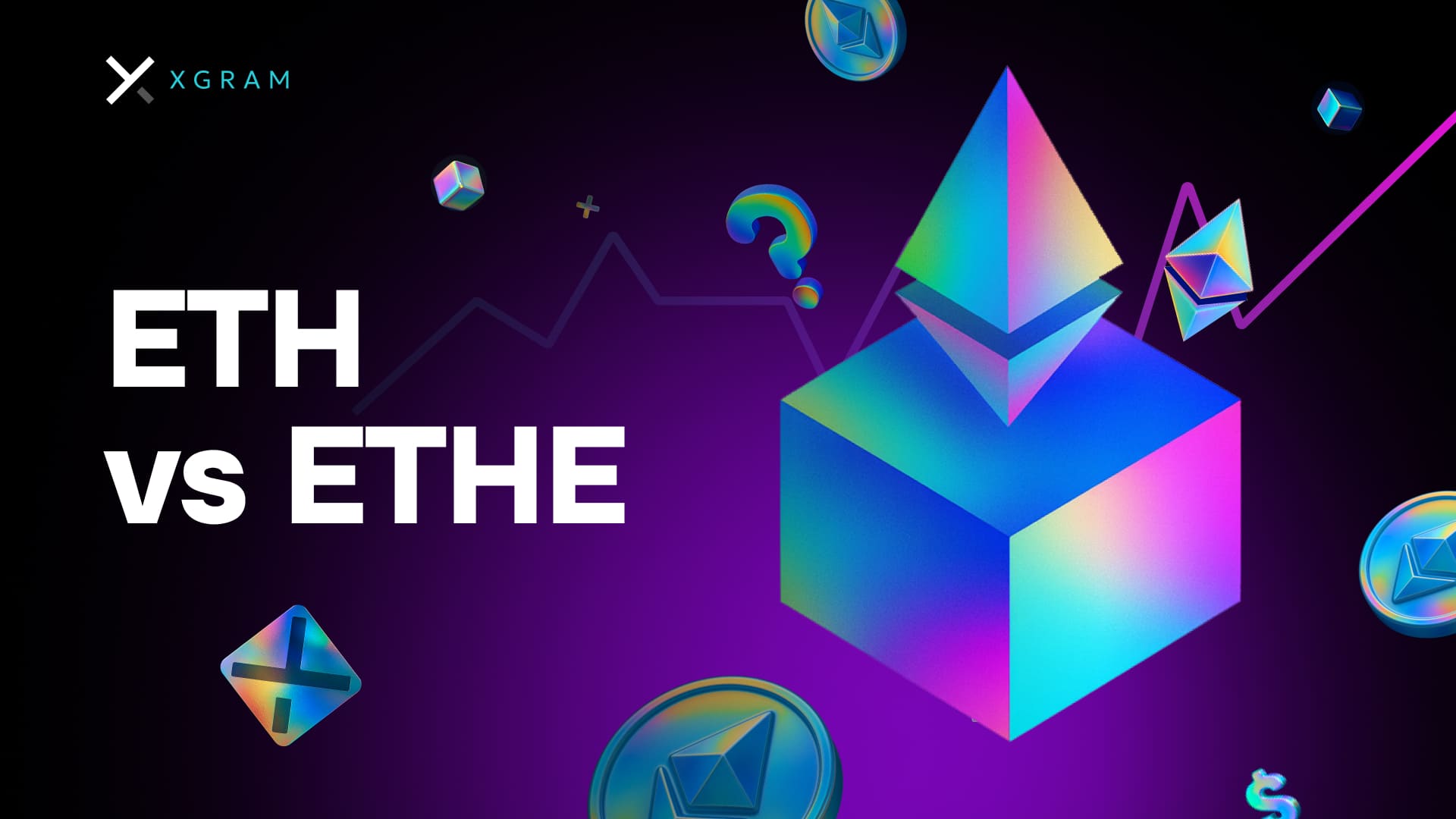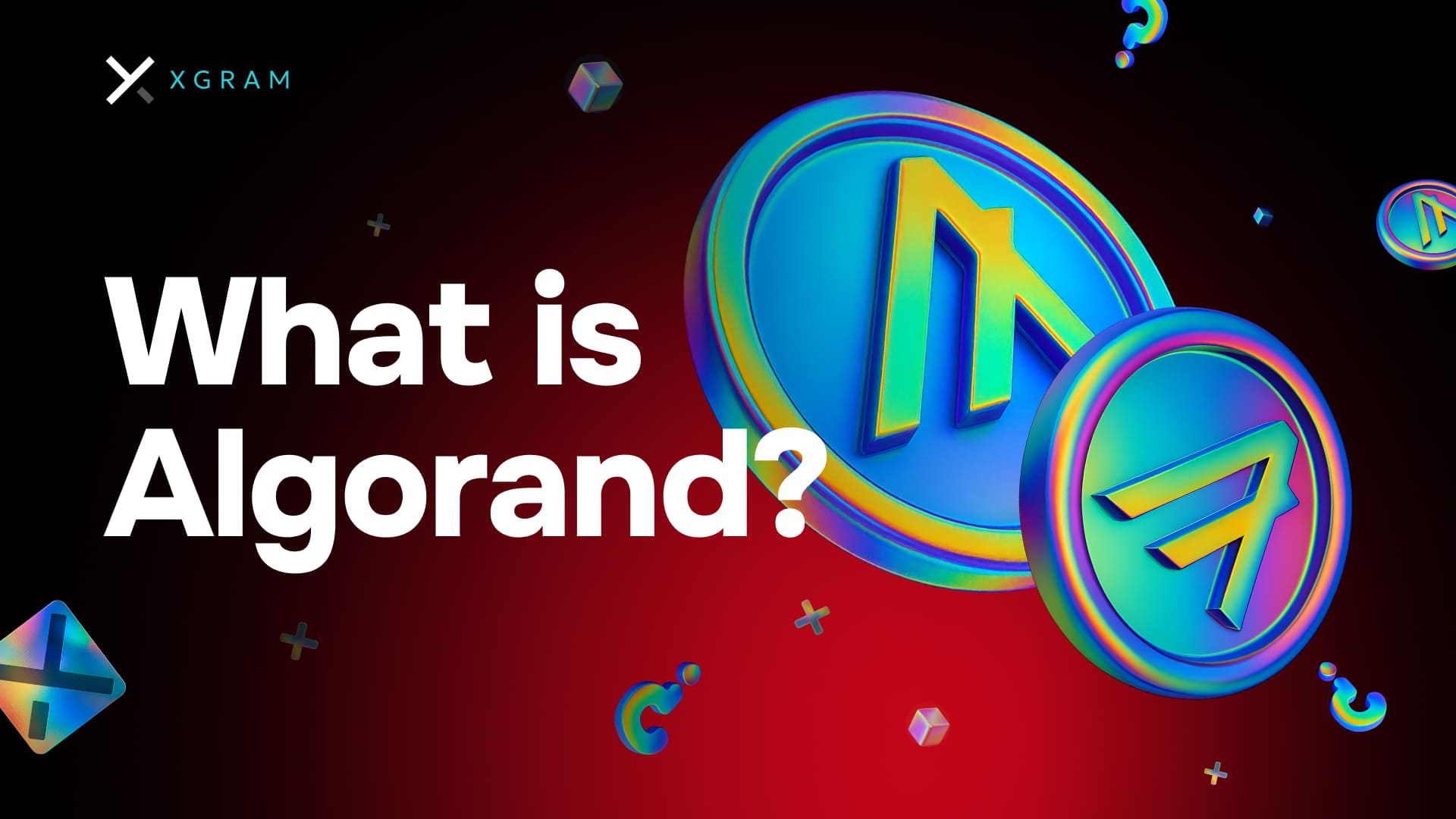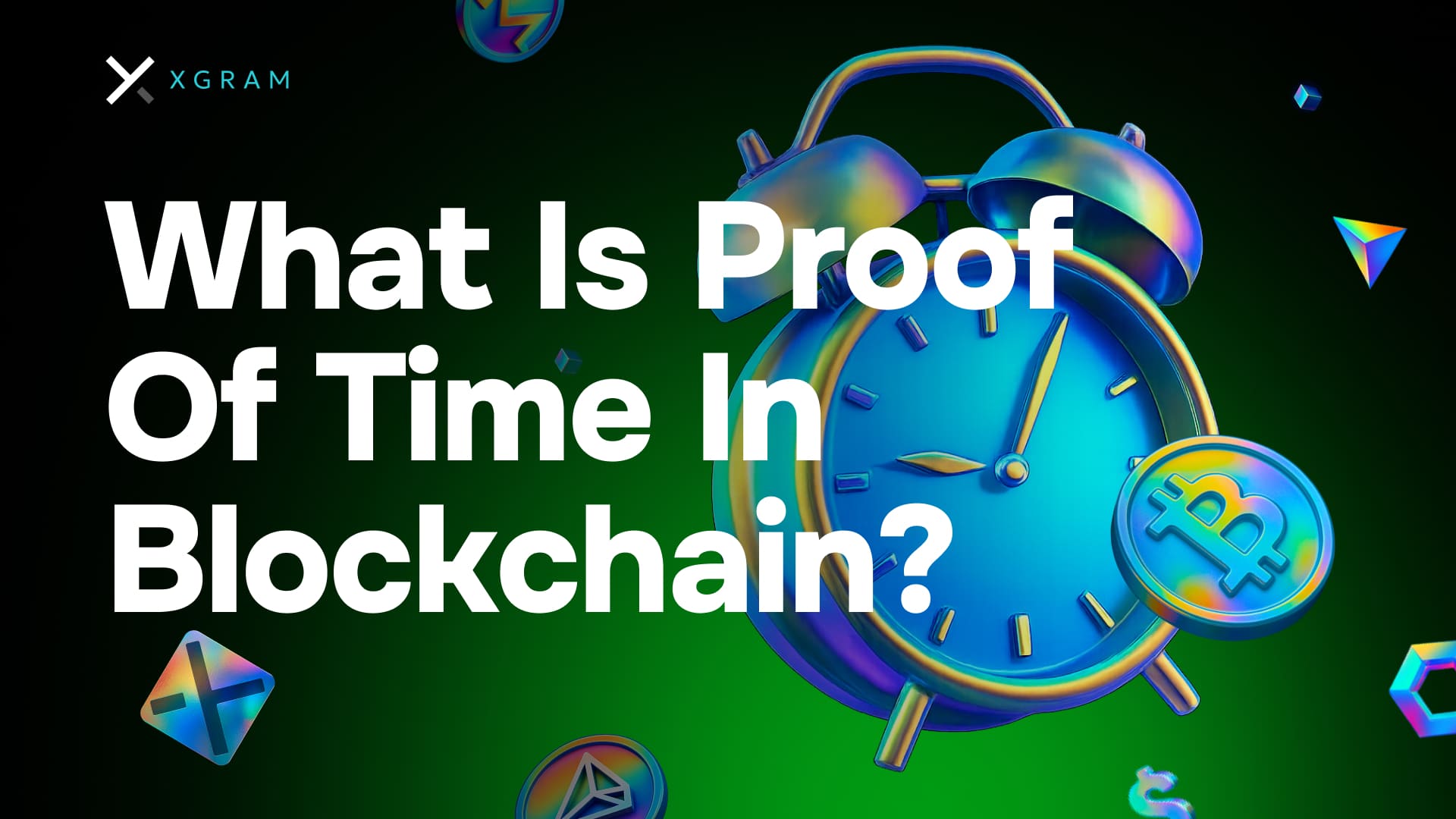Defining ETH and ETHE

Ethereum (ETH) is a decentralized blockchain that introduced smart contracts and hosts a broad range of decentralized finance (DeFi) projects. When you buy ETH, you technically hold a digital asset in your crypto wallet. You can use ETH to pay for on-chain transactions, trade on decentralized exchanges, or stake it in DeFi protocols.
On the other hand, Grayscale Ethereum Trust (ETHE) offers exposure to Ethereum’s price through a publicly traded trust. ETHE shares represent fractionalized ownership of ETH held in custody by Grayscale. You trade ETHE just like a stock, using brokerage accounts or retirement accounts without needing a separate crypto wallet. That convenience can suit you if you prefer a traditional investment format, but it may come with additional fees and potential premium discounts.
Consider liquidity and trading
When you buy ETH, you can tap into a robust worldwide market on crypto exchanges. Many platforms even include peer-to-peer (P2P) marketplaces, letting you purchase ETH directly from other individuals. For example, you could place a buy order on a P2P platform, specify your desired price, then settle through secure payment methods. P2P options sometimes mean better deals, and you maintain more control over how and when you trade. These movements can happen 24/7 unlike most stock markets.
By comparison, ETHE trading hours typically match the U.S. stock market schedule. Its trading volume can be lower than ETH itself, causing wider bid-ask spreads. If you need to exit a position quickly, ETH might be simpler to sell. Also, the trust structure can lead to premium or discount situations, where share prices drift from the underlying ETH value. You will want to monitor these deviations.
Compare fees and costs
When using ETH directly, you pay network transaction fees called “gas.” These fees can vary based on network congestion. Many well-known crypto exchanges also charge a percentage-based trading fee, so be sure to check their fee schedule before you trade. Some platforms have tiered fee structures or offer discounts for higher-volume traders. You might also pay fees when you move ETH into a private wallet or swap tokens in DeFi markets.
With ETHE, you face Grayscale’s annual management fee, which reduces the trust’s ETH holdings over time. Brokerage commissions can also apply each time you buy or sell shares. Although ETHE eliminates the complexities of managing a crypto wallet, the cost structure can eat into your returns. That is why you will want to compare how much you invest, how frequently you trade, and your preferred way of holding Ethereum exposure.
Understand ownership and regulation
ETH is a digital token on the Ethereum blockchain that you can store in a self-custodial wallet or leave in an exchange-based wallet. Owning ETH means you can interact directly with decentralized apps (dApps), stake it to earn rewards, or leverage it across DeFi services. You hold the private keys (if you opt for a self-custodial approach), so you have true ownership over your asset.

ETHE, in contrast, operates under U.S. SEC guidelines as an investment trust. Grayscale manages the underlying ETH, and you own shares that reflect a certain portion of that Ethereum. You cannot directly stake ETHE to earn yields, nor can you use it to pay gas fees on the Ethereum network. However, regulated trust shares fit better into many retirement accounts or portfolios that need a more traditional investment classification. If you need to keep your exposure “in-market,” ETHE might give you that path.
Assess risk and volatility
Both ETH and ETHE are influenced by the broader crypto market, which can be volatile. However, prices for ETH typically change in real time, responding quickly to market news or updates. ETHE’s volatility can be influenced by both the underlying ETH price and fluctuations in its premium or discount to net asset value (NAV). If excitement or fear sweeps through the market, ETHE can swing more dramatically relative to ETH’s spot price.
Before you jump in, ask yourself if you are comfortable with these significant price movements. You might see an opportunity to buy ETHE at a discount to ETH’s underlying price, but that discount (or premium) may last for unpredictable lengths of time. ETH users, on the other hand, manage direct on-chain exposure to events like updates in Ethereum’s protocol, big NFT launches, or shifts in DeFi activity that could affect fees and transaction speeds.
Try Xgram for cross-chain
To explore cheaper cross-chain transactions, you could use a service like Xgram. First, xgram is a platform that helps you move assets across multiple blockchains, reducing extra exchange steps. Second, it often aggregates liquidity in ways that lower fees, so you may save money on swaps or transfers. Third, by bridging tokens from Ethereum to other networks, Xgram helps you engage with different DeFi opportunities. Fourth, it is also user-friendly, meaning you do not have to be a developer to handle multi-chain conversions.
Review top ETH vs ETHE FAQs
How do I buy ETH?
You can buy ETH on a cryptocurrency exchange or through a P2P marketplace. You will need to create an account, pass any required identity checks, and deposit funds. Once you choose ETH from the market pair list, you place your order and receive the crypto in your wallet. Some exchanges also let you buy ETH using a credit card, but that can come with higher fees. If direct custody matters to you, consider transferring your ETH to a private wallet after purchase.
Which has higher risks?
Both ETH and ETHE carry the inherent risks of crypto price volatility. However, ETHE can add an additional layer of risk when shares diverge from underlying ETH prices. The discount or premium could swing your returns significantly. ETH may be more prone to direct on-chain risks, such as smart contract exploits in DeFi tools, but you maintain more control over how you use or store your tokens. Understanding your investing style helps you pick the risk profile you can handle.
Do I need a digital wallet for ETHE?
No. When you purchase ETHE, you do so through a brokerage account the same way you would buy stocks. The shares are held with your brokerage, and you do not need a dedicated crypto wallet or private keys. While that can be more convenient, it also means you cannot directly use ETHE for on-chain activities like staking or NFT purchases. If you prefer minimal hassle and are fine with limited functionality, ETHE may suit you.
Are there tax differences?
Yes. When you sell ETH, the transaction is generally treated as a capital gain (or loss) event, and you might be responsible for crypto-specific tax reporting. With ETHE, you are trading trust shares, which typically follow stock-like tax rules. However, tax treatment can vary by region, account type, and individual circumstances, so it is best to consult a tax professional. If you hold ETHE in a retirement account, you might delay certain tax obligations, unlike direct ownership of ETH in a personal wallet.
Which should I choose for the long term?
Your choice depends on how you plan to interact with Ethereum. Holding ETH offers you direct exposure and the ability to participate in staking, NFTs, and dApps. ETHE can be easier to manage in a traditional portfolio and might allow you to keep everything in one place without additional wallet logistics. If your long-term vision includes deep involvement in DeFi and on-chain ecosystems, ETH is more versatile. If you want to passively track Ethereum’s price with regulated oversight, ETHE is a straightforward option.
Make your final choice
When you weigh your decision, keep your goals front and center. If you crave direct network participation and appreciate the flexibility of a digital wallet, ETH is the clear choice. If you prefer custody under a regulated umbrella, or if your investment accounts require that structure, ETHE might work. Ask yourself how you envision using Ethereum in your broader strategy. Each approach serves a different investing style, so consider your comfort with custody, trading hours, fees, and potential price swings. By knowing these key differences, you can confidently move forward with the option that aligns with your unique goals.
(давай на испанский, новая статья)




